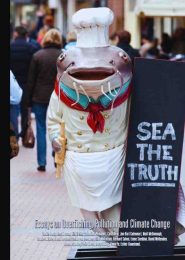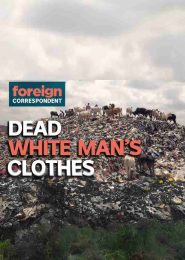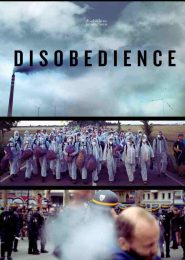The Grind: Whaling in the Faroe Islands (2015)
The Grind: Whaling in the Faroe Islands is a contentious and centuries-old tradition that unfolds against the dramatic backdrop of these remote North Atlantic islands. Here, the clash between cultural heritage, environmental impact, and animal rights reverberates through the blood-stained waters.
- The Grindadráp Tradition:
- For over 1,000 years, the Faroe Islands have witnessed the annual grindadráp, commonly known as the grind.
- Between July and September, this ritual takes place at any of the 26 designated killing bays around the islands.
- The grind involves the slaughter of approximately 1,000 pilot whales and other dolphins each year.
- These majestic creatures, deceptively named “pilot whales,” are actually among the largest types of dolphins.
- Pilot Whales: Social and Inquisitive:
- Pilot whales come in two species: short-finned and long-finned.
- The latter, primarily targeted during the grind, can weigh up to 2,700 kg for males and live up to 60 years.
- Females reach around 1,300 kg and have an even longer lifespan.
- These sociable animals live in multi-generational pods, displaying loyalty and an inquisitive nature.
- Pods play, hunt, travel, and rest together, forming close-knit communities.
- Controversy and Impact:
- The grind has drawn widespread criticism from animal rights organizations.
- Sea Shepherd, a marine conservation nonprofit, opposes the hunt.
- A petition with nearly 400,000 signatures calls for an end to the grind, urging travelers to reconsider visiting the Faroe Islands.
- However, some argue that the hunt is a sustainable tradition for the Faroese people.
- Environmental Concerns:
- Ironically, it’s not international pressure but an environmental issue that threatens the grind.
- Ocean pollution has contaminated whale meat with high levels of mercury and other heavy metals.
- Medical authorities now actively discourage consuming whale meat due to health hazards.
- The islands’ traditional food source silently poisons its population.
- Global Context:
- The Faroe Islands’ struggle with the grind reflects broader challenges.
- Climate change, industrial pollution, and overfishing impact marine ecosystems worldwide.
- Pilot whales, once revered, now face a grim fate in the crimson waters of the grind.
- As our planet grapples with environmental crises, the Faroe Islands stand at a crossroads.
In this age-old battle between tradition and conservation, the grind remains a vivid symbol—a visceral reminder that our choices echo far beyond these rugged shores.




